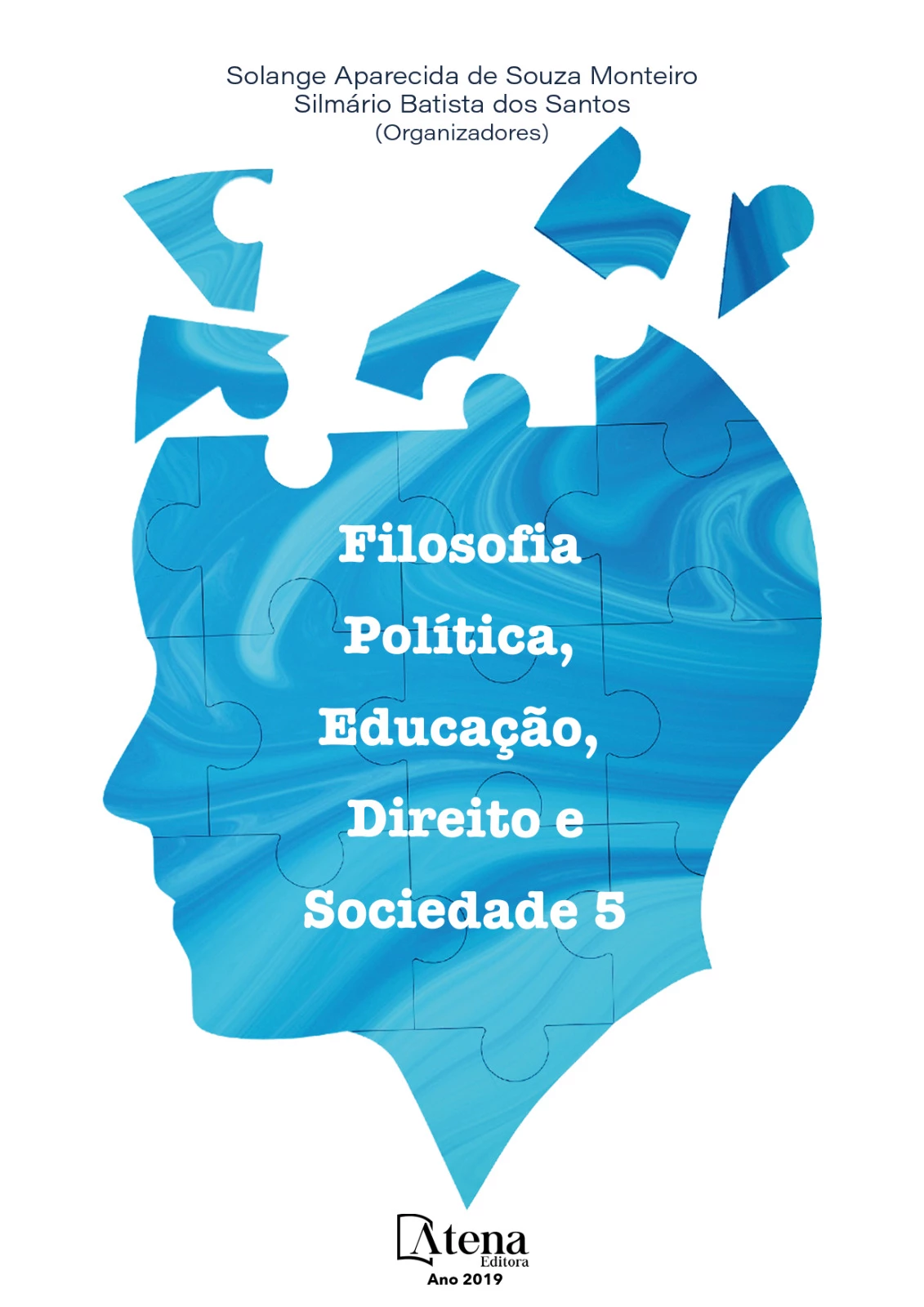
ANÁLISE DE DISCURSO DE UMA PROPAGANDA DO GOVERNO TEMER SOBRE O “NOVO ENSINO MÉDIO”
Esta análise pretende demonstrar
as relações de sentido estabelecidas em uma
propaganda do Ministério da Educação do
Governo Temer sobre a proposta da reforma
do ensino médio. O trabalho toma como
embasamento teórico e metodológico a Análise
de Discurso Francesa de linha pecheutiana.
Assim, na esteira do pensamento de Pêcheux
(1995, 1997, 2002) e de contribuições de Orlandi
(1997, 1999, 2012), a análise busca investigar
como ocorrem os mecanismos que permitem
o funcionamento desse texto-propaganda
enquanto materialidade histórica e enquanto
dizer eivado de ideologia, ou seja, quais são os
mecanismos que nos permitem apontar para
a discursividade do texto enquanto estrutura
e acontecimento. A pesquisa não objetiva
desvelar nenhum sentido oculto, através da
análise linguística, mas proporcionar, por
meio do dispositivo analítico-interpretativo, a
visualização do funcionamento desse enunciado
enquanto construto não neutro, não opaco.
Para atingir esses objetivos, é necessário que
se abordem pressupostos da AD tais como
materialismo histórico, língua e sujeito, além
de outros pontos como ideologia. A análise
aponta a existência de um texto monológico,
com uma série de argumentos apresentados
pela ideologia oficial do Estado brasileiro, com
silenciamento de vozes de outros sujeitos.
ANÁLISE DE DISCURSO DE UMA PROPAGANDA DO GOVERNO TEMER SOBRE O “NOVO ENSINO MÉDIO”
-
DOI: 10.22533/at.ed.9881904029
-
Palavras-chave: Análise de discurso. Propaganda. Ideologia. Silenciamento.
-
Keywords: French Discourse Analysis. Advertising. Ideology. Silencing.
-
Abstract:
This analysis intends to
demonstrate the relations of meaning
established in an advertisement of the Ministry
of Education of the Temer Government about
the proposal of the reform of secondary Brazilian
education. The work takes as a theoretical and
methodological basis the French Discourse
Analysis of pecheutian line. Thus, based on
Pêcheux’s thinking (1995, 1997, 2002) and
Orlandi’s contributions (1997, 1999, 2012), the
analysis seeks to investigate how mechanisms
that allow the functioning of this propaganda
occur as a historical materiality and as an
enunciation which is the result of ideology, that is,
what are the mechanisms that allow us to point
to the discursiveness of the text as structure and
event. The research does not seek to reveal any
hidden meaning, through linguistic analysis, but
to provide, through the analytic-interpretative
device, the visualization of the functioning of this statement as a non-neutral construct.
To achieve these objectives, it is necessary to address the French Discourse Analysis
assumptions such as historical materialism, language and subject, as well as other
points such as ideology. The analysis points to the existence of a monological text, with
a series of arguments presented by the official ideology of the Brazilian State, with the
silencing of voices of other subjects.
-
Número de páginas: 15
- José Ronaldo Ribeiro da Silva
- JULIANE VARGAS


